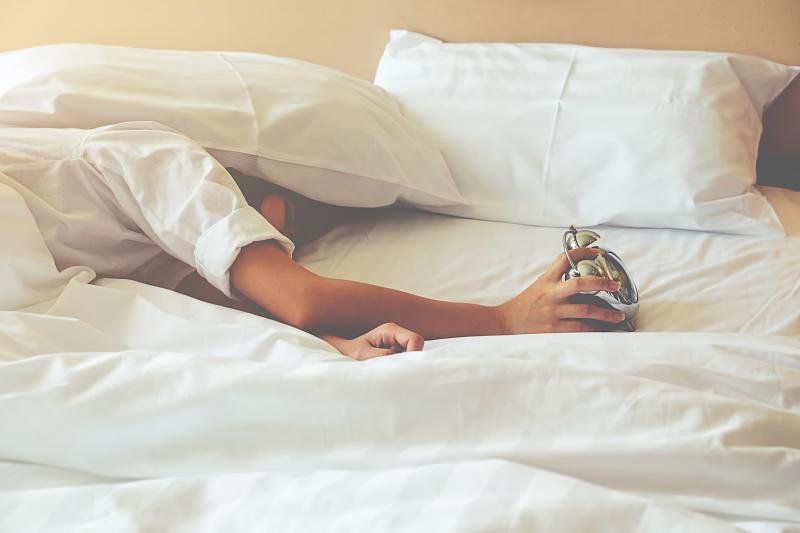
Your mental Health may play a part, or be the result of your struggle to sleep.
There’s no question a lack of sleep can affect our mental state but could the reverse also be true, that mental health plays a part in poor sleep? According to the experts, sleep is more closely connected to mental health than you might think, and it’s believed the relationship is bidirectional.
Depression and anxiety, along with bipolar disorder and other complex mental health conditions, have all been linked to unsatisfactory sleep and all evidence points to the problem being a two way street.
There is strong reason to believe that improved sleep can have a beneficial impact on mental health
A solid night’s rest is needed to regulate brain activity during the stages of sleep that play a key role in mental health. During NREM (non-rapid eye movement) sleep, brain activity rests. It ramps up in REM (rapid eye movement) phases of intense dreaming, when we process emotional information. When lack of sleep disrupts the balance, it can be especially harmful to our capacity for consolidating positive emotional content, which affects our mood and emotional reactions, and can compound a range of mental health conditions.
It’s estimated that 75% of people who experience depression show symptoms of insomnia or hypersomnia, which is sleeping too much. There is growing evidence that poor sleep patterns may actually induce or make depression worse.
There’s a strong correlation between anxiety and lack of sleep. Worry thoughts that set the mind racing trigger hyperarousal and lack of sleep which in turn feeds anxiety around battling insomnia.
Scientists have found an especially strong link between PTSD and sleep. Replaying negative events in the mind can induce a state of high alert and disruptive nightmares.
People with psychiatric issues often experience fragmented sleep. OSA (Obstructive Sleep Apnea) is a condition that can cause the person to pause their breathing during sleep, reducing oxygen levels in their body. Increased risk of mental distress can result.
Extreme mood swings associated with Bipolar Disorder can impact sleep patterns. In a manic phase, a person may feel less need to sleep, while sleeping excessively during a depressive period. Erratic or broken sleep can amplify symptoms.
It all points to sleep and mental health are tightly entwined, so why not do yourself a favour and adopt some simple routines to give yourself the best possible chance of a blissful night’s sleep?
Different things will work for different people, and it’s important to seek the advice of a trained health professional on what will best meet your needs, but here are some basic tips:
- Cultivate good health hygiene habits, bathing and brushing your teeth before bed, and keeping bed linen fresh and clean.
- Create a sleep environment conducive to rest and relaxation. Block out any light or sound that might disrupt your sleep, and making your bed each morning can have a surprisingly calming effect on your state of mind.
- Stick to a set bedtime and maintain a regular sleep schedule.
- Shut down electronic devices at least one hour before bedtime and wind down with relaxation techniques like deep breathing or meditation.
- Avoid stimulants like alcohol, tobacco and caffeine at night.
- Exercise regularly and soak-in a healthy amount of natural light.
Talk to us today
For more information, contact us on 1300 779 270 or make an enquiry now.


